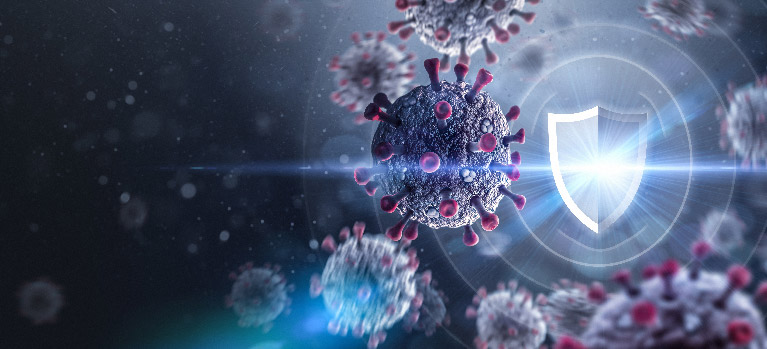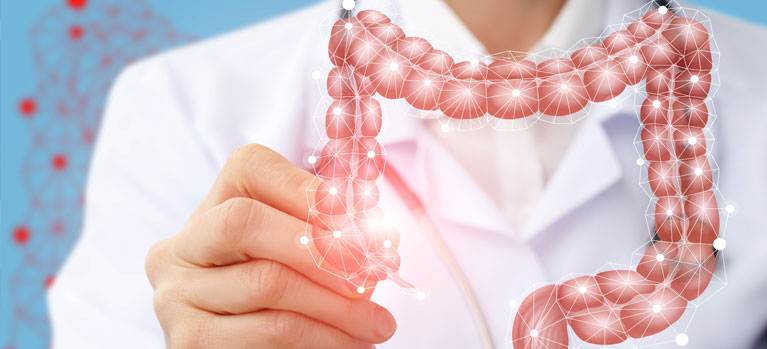With all of us trying to stay healthy and avoid getting sick, it seems like everyone is willing to try anything to strengthen their immune system for better protection from disease. Many adopt a healthy lifestyle by eating better and getting more exercise. Others stock up on supplements. And some try getting more sleep. But few people realize that all of these habits may not be enough if your hormones are unbalanced. That’s because your hormones have a direct effect on the strength of your immune system. See, balanced hormones equal better immunity. If you’re experiencing hormonal imbalance, it’s more important than ever to discover the root and the remedy to keep your immune system strong and tip the scales in favor of better health.
The Balancing Act Between Hormones and Your Immunity
So how do your hormones affect your health and your life? Well, hormones are chemical messengers produced by your body that regulate many processes, from your mood and your energy level, to your blood pressure, appetite, sex drive, physical performance—and yes, your immune system. As a result, hormones control how you feel and function.
The Impact of an Imbalance
The hormones that play the biggest role in our health and our quality of life are estrogen, progesterone and androgens like testosterone. As we age, our body’s natural levels of these hormones can drastically fluctuate. This sudden shift can also result from menopause, obesity and other medical conditions.
No matter the cause, the result is a hormonal imbalance that completely disrupts the many processes that your hormones normally control. That’s why so many women and men that have a hormonal imbalance experience fatigue, weight gain, mood swings, loss of sex drive, lack of strength—and yes, a weakened immune system which leaves you more likely to feel run down and makes it harder to stay healthy.
Don’t Get Mad, Get Even
You should never ignore a hormonal imbalance. Not only because the symptoms are too uncomfortable to ignore, but because one of the processes it impacts and impairs is your immune system. And the longer your hormones are out of whack, the harder they are to get back in sync. So if you’re trying to boost your immunity but your hormones are unbalanced, you can take an alphabet of vitamin supplements or completely change your lifestyle, but nothing you do may do any good.
Help for Hormonal Imbalance
If you’re worried about a hormonal imbalance, you need to speak to a healthcare provider, like New Leaf Wellness, to discuss your different options. One possible and popular treatment is hormone replacement therapy (HRT). Several studies support its benefits, with research showing that estrogen plays an important role in a woman’s immune response, along with medical evidence that HRT can reverse the hormonal changes that women naturally face after menopause. Another alternative is nutrient IV therapy, which infuses high doses of vitamins and minerals directly into your bloodstream to help support and strengthen your immune system. But only your New Leaf Wellness provider can help you find the remedy that’s right for you.
Take the Next Step
By getting to the root of the issue and getting your hormones back in balance, you will be able to get your immune system and your life back on track. Set up a FREE consult today!
New Leaf Wellness offers comprehensive, individualized, and a healing approach to total wellness and age management. By focusing on customized medicine, New Leaf Wellness helps patients earlier in the aging process in order to help prevent, rather than treat age-related issues. Dr Robert Sieman, Medical Director, is dedicated to helping patients identify the root causes of any issues in order to restore the body to its peak performance, alleviate symptoms and ultimately, reverse the effects of aging and prevent age-related diseases. New Leaf Wellness creates personalized treatment plans with proven, effective and safe anti-aging solutions that include highly advanced testing, bioidentical hormone therapy, nutrient therapy, sexual health programs, medical aesthetics, weight loss and much more.














